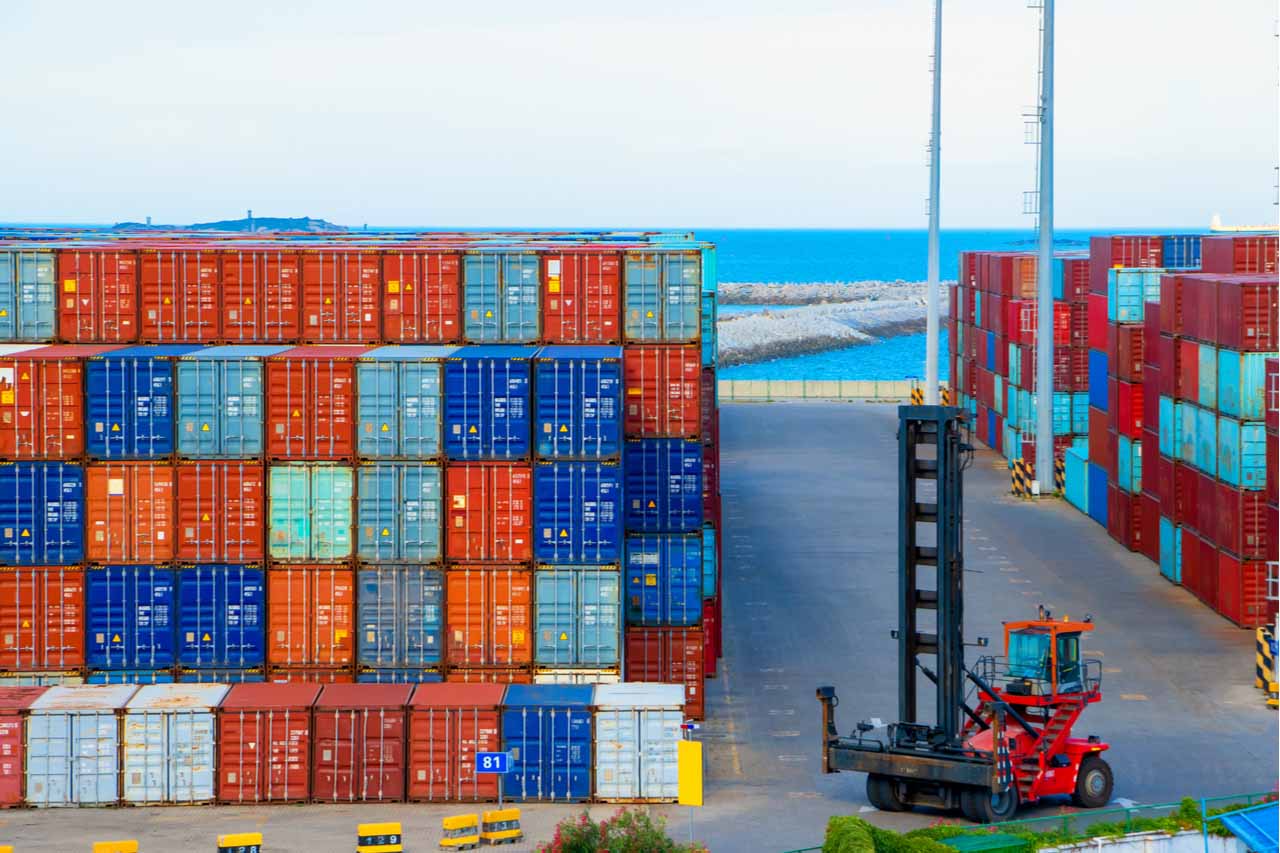
Basel Action Network and Sustainable Electronics Recycling International have put aside their long-standing differences to help U.S. members comply with the Basel Convention. | Mayday6510/Shutterstock
Upcoming changes to the Basel Convention are likely to disrupt some industry practices when they take effect next year. But the changes have already had one remarkable impact: They’ve brought together two often rival certification organizations to advocate for industry-wide compliance with the new rules.
Just a few years ago, the idea of any joint collaboration between the Basel Action Network and Sustainable Electronics Recycling International was virtually unheard of. The two organizations respectively administer the major e-scrap certifications, e-Stewards and R2, and although many companies are certified to both standards, they have historically had an acrimonious relationship.
The certifications have developed “opposing camps” and engaged in “more than a little mud-slinging,” one e-scrap operator and former e-Stewards employee noted in a 2021 E-Scrap News op-ed. As a couple examples, BAN has criticized SERI’s historically less stringent attitude on material exports; SERI has criticized BAN’s tactics and presentation of findings; and the certifications are sometimes pitted against each other competitively by state programs picking one certification to which participating processors must adhere.
So it was perhaps an understatement when Selena Turnock, certification director for e-Stewards, noted in a July 16 webinar that the attendees were “witnessing a little bit of history,” as the event marked the first event presented jointly by BAN and SERI.
Broadly speaking, the upcoming Basel changes, which have been detailed at length in E-Scrap News and will be the subject of a plenary session at the upcoming 2024 E-Scrap Conference, categorize a wider array of electronics as regulated materials under the convention. They come on top of 2021 changes that classified mixed plastic, including e-plastics from electronics, as regulated materials.
In general, Basel-regulated material requires more notification and paperwork before it can be exported, but it’s a different story for companies operating in the U.S., which is one of the few countries that is not party to the convention. Under the Basel rules, regulated material is not allowed to be shipped from non-party countries to party nations, with some limited exceptions.
The collaboration between BAN and SERI emerged about a year ago. During the webinar, Jim Puckett, executive director of BAN, said that his group learned at that time that a lot of U.S. recycling companies were exporting scrap plastic overseas despite the 2021 Basel Convention amendment that brought such scrap plastic into Basel regulation. BAN found the exports of scrap plastic – including e-plastics from electronics recycling facilities – were going primarily to Malaysia, which doesn’t have an agreement allowing imports from the U.S. to occur outside of Basel regulations.
“This was very concerning,” Puckett said. “We knew we couldn’t just go this alone and alert the whole industry by ourselves.”
So BAN reached out to SERI, he said, and began a coordinated response as the two major certifying organizations in the e-scrap space. Their first public collaboration was an op-ed in E-Scrap News, urging the industry to adhere to Basel regulations despite the challenge.
“That was the beginning of a joint effort to educate the industry, and alert the industry hopefully in a more timely manner as to developments at Basel as they affect our industry,” Puckett said.
This week’s webinar marked a way for the groups to lay out regulations to certified companies, so they know how the regulations apply to the materials they handle, and so they can remain in compliance with the standards, said Mike Easterbrook, chief of global standards for SERI.
From SERI’s perspective, adherence to the recent and upcoming Basel guidelines is paramount for R2-certified recycling companies and is indeed a requirement for maintaining that certification, Easterbrook explained. He said a requirement of being certified is demonstrating that the company has a process in place to show compliance with applicable laws, such as Basel, and that the compliance audits are conducted by the certifying organization, either R2 or e-Stewards.
“Many customers that require R2 or e-Stewards certification would expect legal compliance from that facility, as a bare minimum,” Easterbrook said. “Compliance is non-optional for certified companies.”
The entire webinar can be viewed on e-Stewards’ website.

